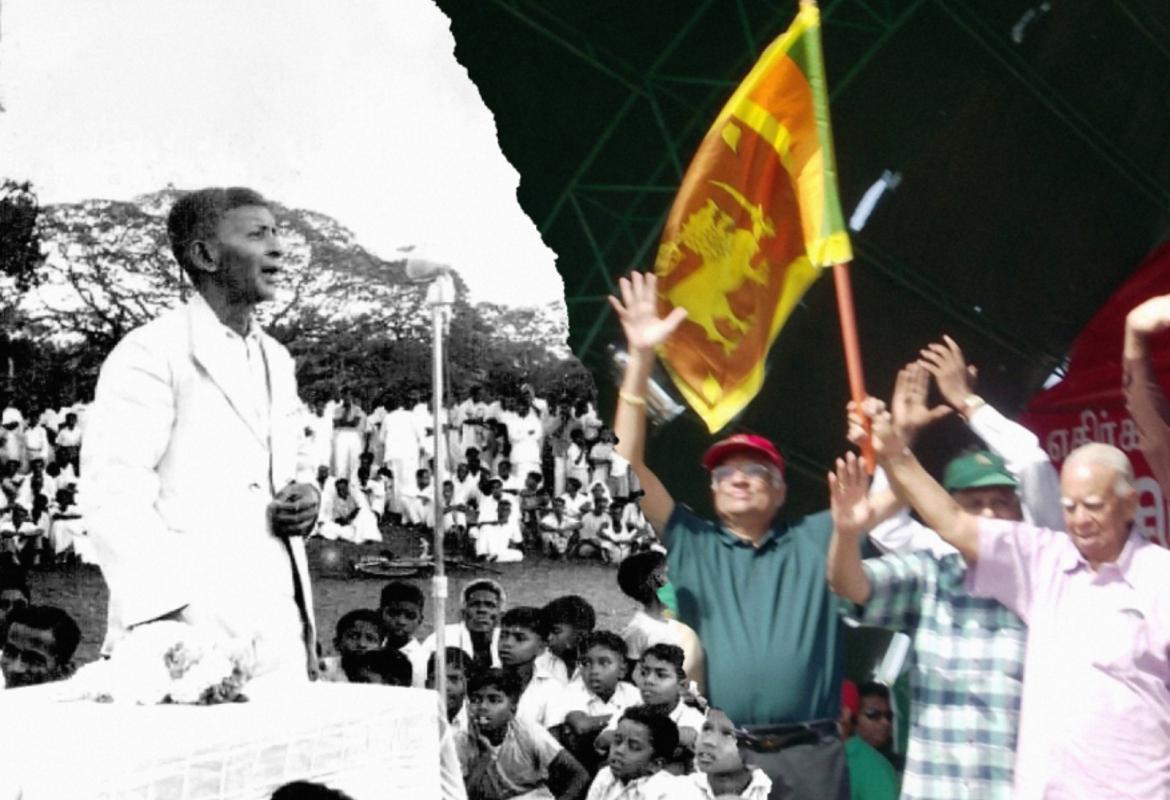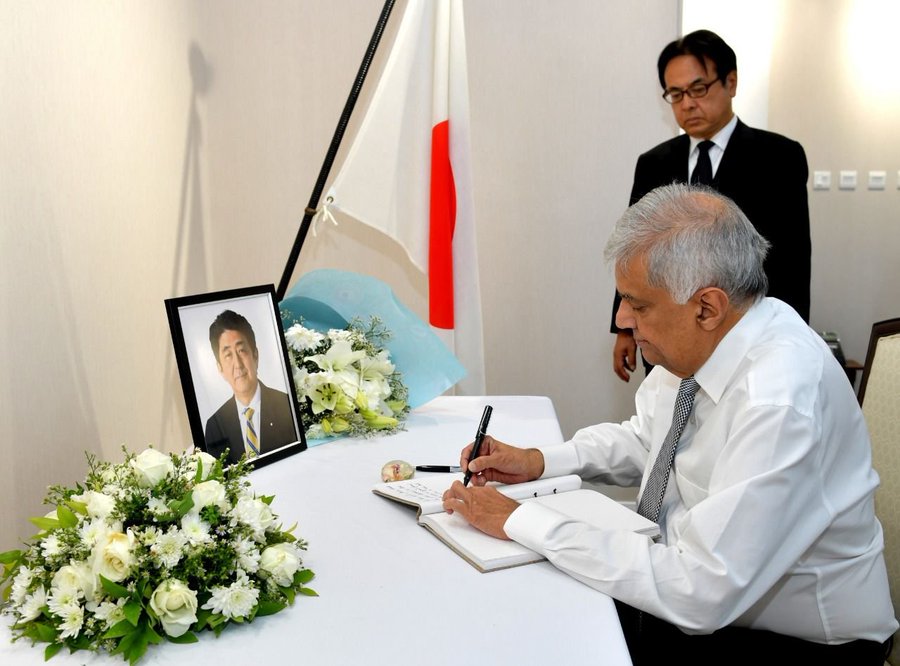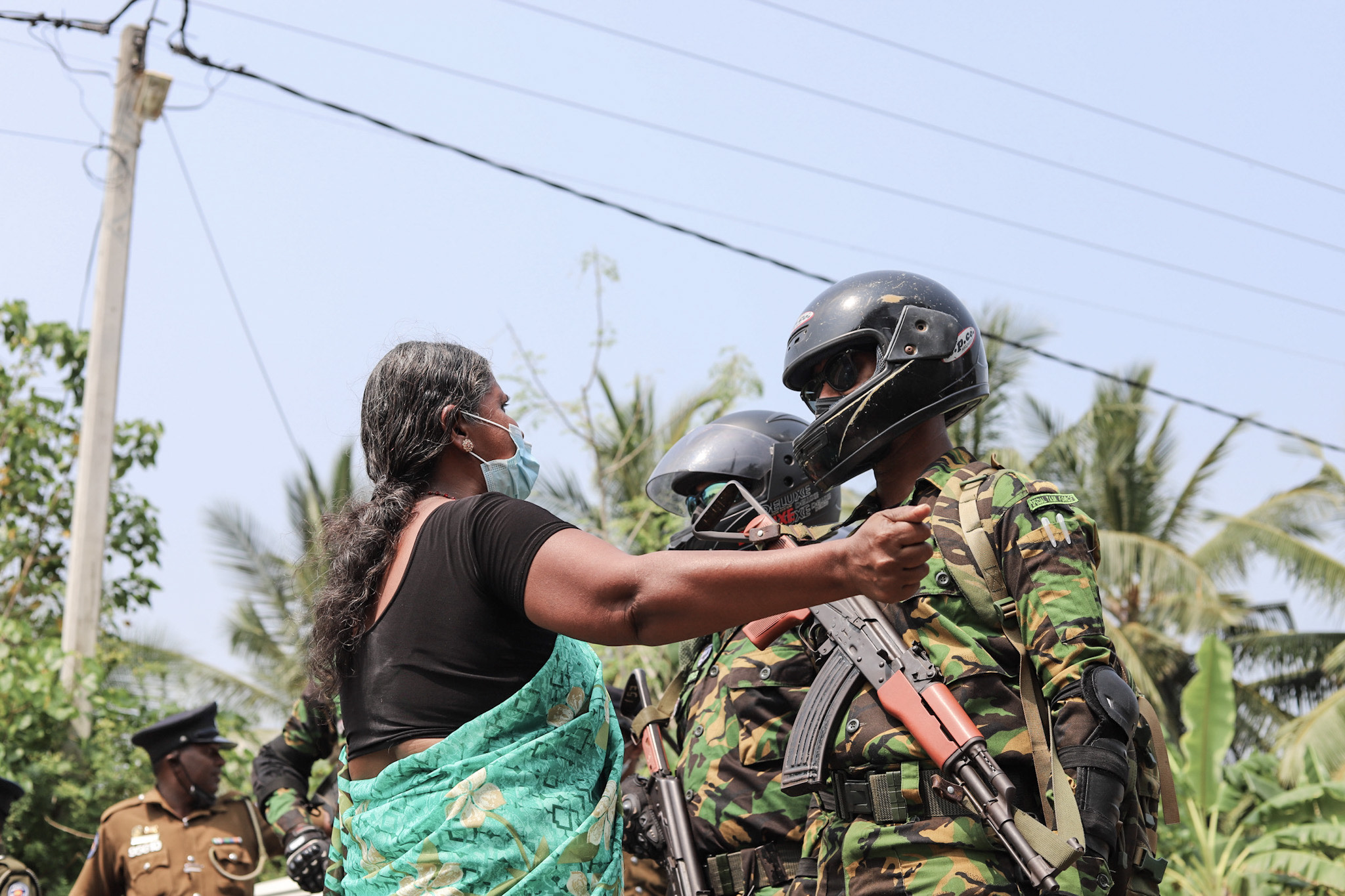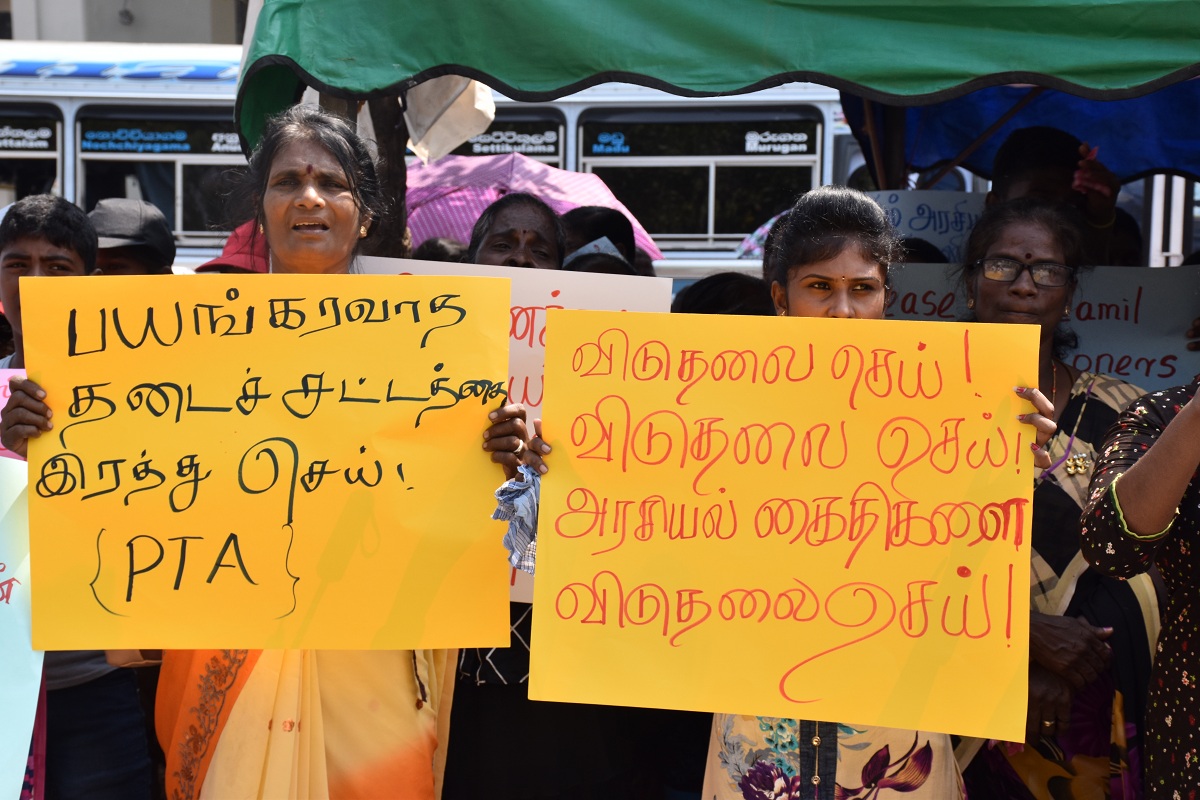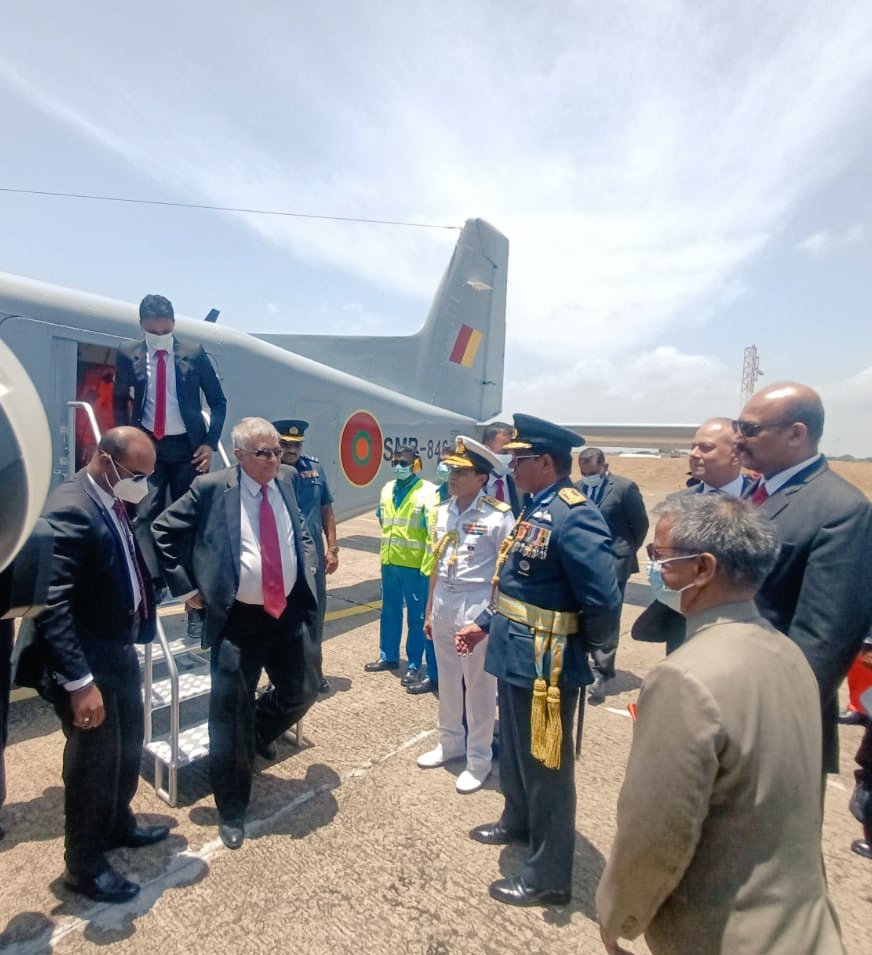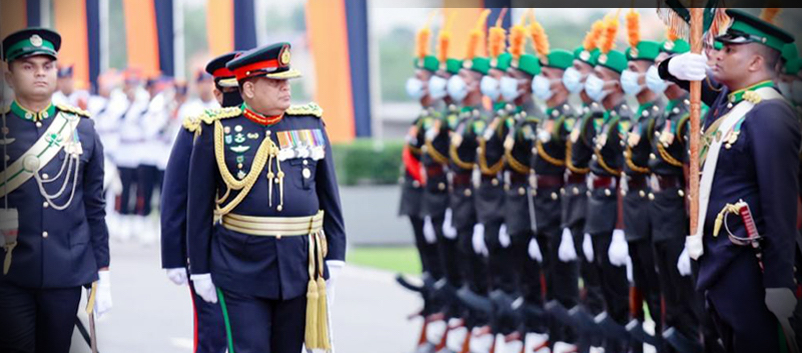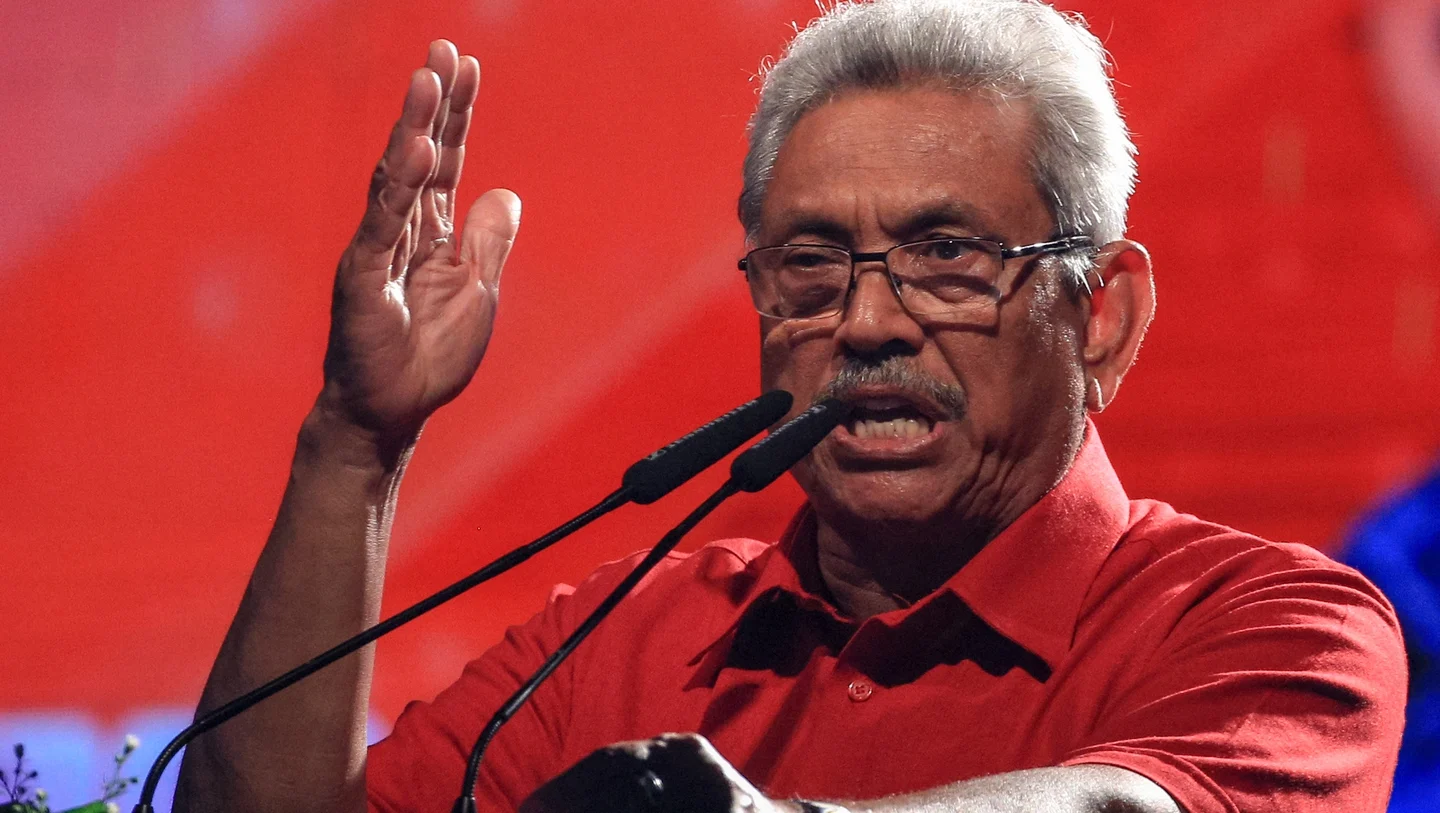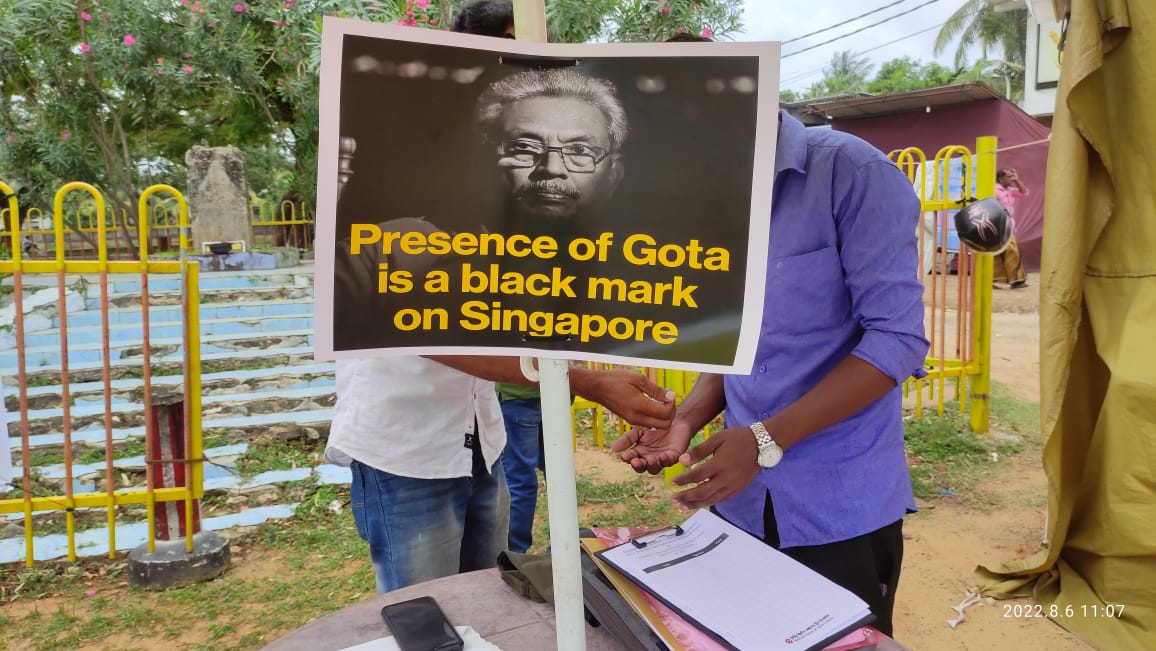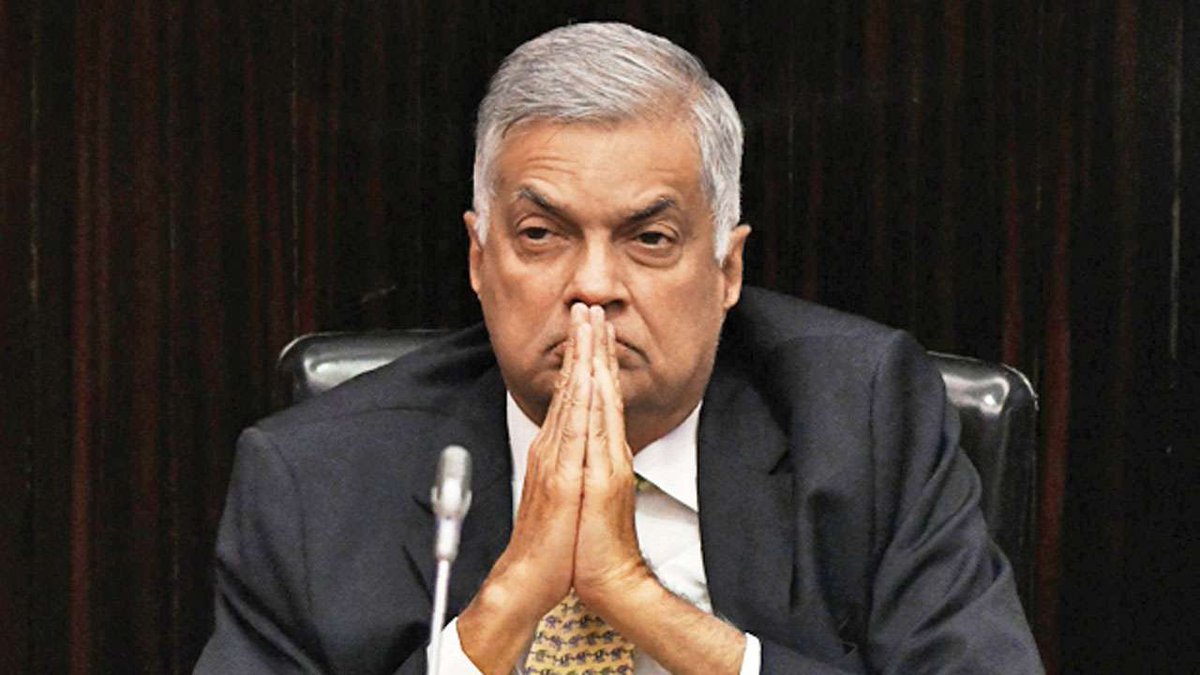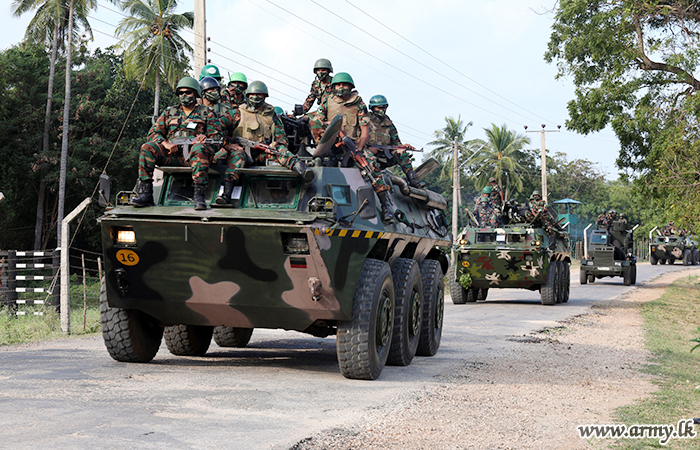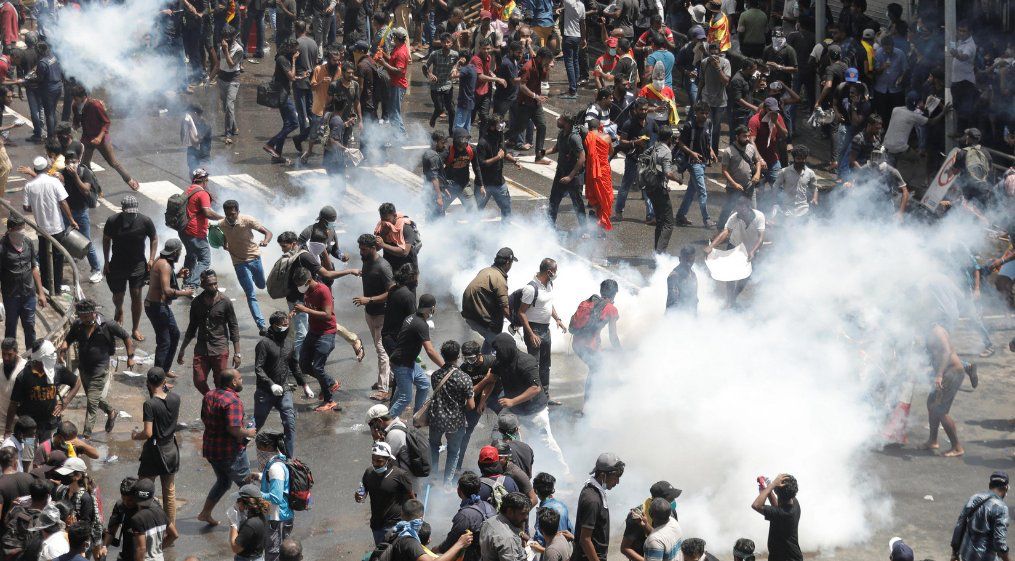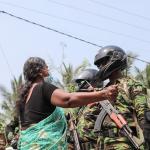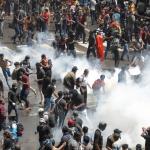How Sri Lanka betrayed Shinzo Abe
Across Sri Lanka, the country’s flag is flown at half-mast on 12th July to mourn the sudden assassination of Japan’s former Prime Minister Shinzo Abe. “We have lost a prime minister who gave leadership to Asia,” wrote Sri Lanka’s President Ranil Wickremesinghe in an obituary guestbook commemorating the Japanese leader. Despite Sri Lanka’s melancholic posture towards the Japanese leader’s demise, Sri Lanka’s foreign policy has posed a consistent thorn in Abe’s vision for a “free and open Asia-Pacific”.

